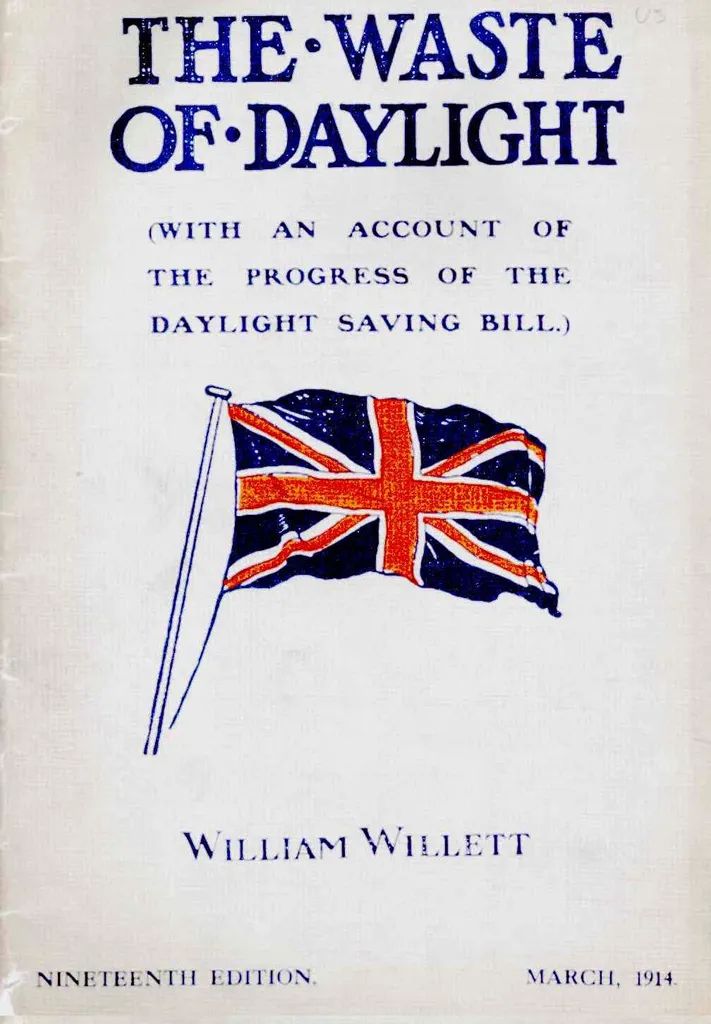The UK clocks change this weekend, going forward by one hour at 1am on the morning of 31 March 2024.
This marks the beginning of Daylight Saving Time, meaning we effectively lose an hour overnight, but will gain longer, brighter evenings as we move into spring and summer.
The change also marks the beginning of British Summer Time, which will end when the clocks turn back by one hour at 2am on 27 October 2024.
For more info, read our guide on what causes the seasons and our explainer on solstices and equinoxes.
Why do the clocks go forward and back?

So why do the clocks change, going forward in spring and back in autumn? Why not keep time as it is
The world’s time zones are measured from the Greenwich Meridian and time in the UK is based on Greenwich Mean Time (GMT), which astronomers know as Universal Time (UT).
Just as they do in much of the world, clocks go forward one hour in the summer months, putting us in the UK on British Summer Time (BST).

The practice that sees the clocks change began in the early 20th century as a result of a campaign to make the local time better match daylight hours.
The idea was that moving the clocks forward an hour would mean darker mornings and lighter evenings during summer, when the days are much longer.
One key individual was William Willett, who was a promoter of British Summer Time and who in 1907 published 'The Waste of Daylight', a pamphlet arguing for the changes.
In 1916 the Summer Time Act put clocks in the UK forward for one hour from 21 May until the start of October.
These days, clocks go forward 1 hour at 01:00 on the last Sunday in March, then back 1 hour at 02:00 on the last Sunday in October.
The end of Daylight Saving?
Several proposals to look at changing Britain's clocks have been put to Parliament in past decades.
One example is the Daylight Saving Bill, which failed on its third reading in the House of Commons on 20 January 2012 after running out of Parliamentary time.
Introduced in June 2010, this Bill would have considered a shift forward of another hour in summer (to UT +2) and an hour in winter (to UT +1)
This would effectively have put the UK on Central European Time (CET).
For amateur astronomers, that would mean having to wait until later each evening for the stars to come out.
The days of re-setting alarm clocks and winding wrist watches are largely gone for many of us now, as our phones, tablets and other devices automatically adopt each time change.
